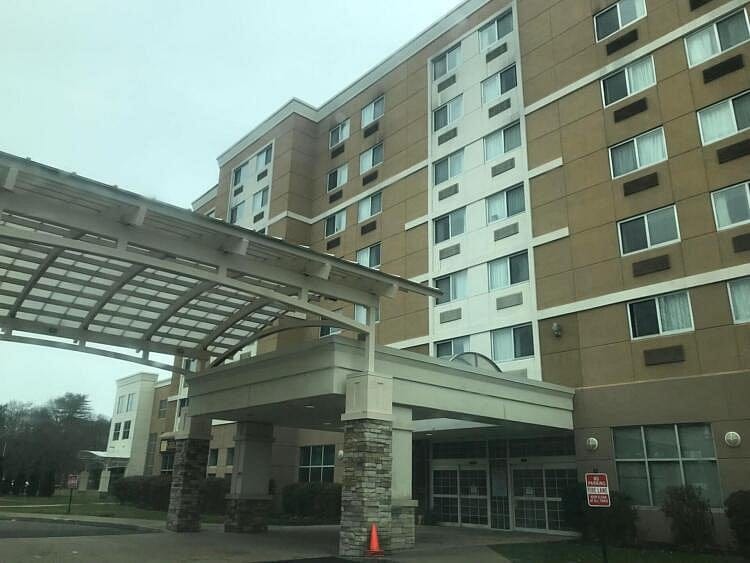Massachusetts House Speaker Hints State May Eventually Enact Program Cuts To Fund Migrant Shelters

By Alison Kuznitz
State House News Service

By Alison Kuznitz
State House News Service

Law enforcement officers found a Chinese national believed to be a victim of human trafficking during a search of a dwelling in Revere last week, police said.
The adult victim is believed to have been smuggled into the United States from Mexico, police said.
The search at 50 Nahant Avenue, #1 in Revere took place Tuesday, March 19.
Xiu Ying Zhang, 64, of Revere, was arrested and charged with human trafficking, according to a press release from the Revere Police Department.
Zhang was held on $500,000 bail after arraignment. The Suffolk County District Attorney's Office – Human Trafficking Unit is prosecuting the case.
The search followed a six-month human trafficking investigation. Detectives from the Massachusetts State Police – High Risk Victims Unit, Revere Police – Special Investigations Unit, and Federal Bureau of Investigation's Human Trafficking Task Force conducted the search, pursuant to a search warrant, according to police.
In Massachusetts, those charged with Human Trafficking face a minimum mandatory 5-year prison sentence.
New to NewBostonPost? Discover the difference with content that goes beyond the typical Massachusetts news outlets. Stay informed with news and commentary rooted in conservative values—for just $1 a week. Cancel anytime. Don’t wait—join now and see what you’ve been missing!